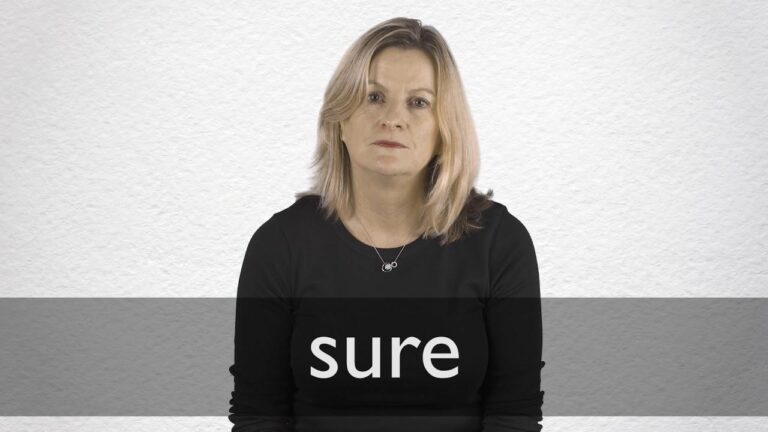Introduction
KIGALI, Rwanda – The 20th Plenary Assembly of the Symposium of the Episcopal Conferences of Africa and Madagascar (SECAM) has officially commenced in Kigali, bringing together church leaders and representatives from across the continent to address pressing issues facing African nations. With a theme focused on unity, reconciliation, and the promotion of peace, this assembly aims to foster dialogue among bishops and laypeople alike, as well as to strengthen the Catholic Church’s role in social and political discourse across Africa. As participants gather at this significant event, the discussions are expected to reflect the diverse challenges and opportunities that define the current landscape of spirituality and community in Africa.
SECAM Plenary Assembly Emphasizes Role of Faith in Promoting Socio-Economic Development in Africa
The recently convened Plenary Assembly provided a platform for bishops from across the continent to discuss the integral role that faith plays in addressing pressing socio-economic challenges in Africa. Presentations during the assembly highlighted the interconnectedness of spirituality and socio-economic initiatives, demonstrating how religious organizations can lead transformative actions in their communities. The assembly underscored the necessity for churches to be actively involved in developmental projects that address poverty, education, healthcare, and social justice, calling for a collaborative approach that includes both faith leaders and local governments.
Among the key issues raised were the critical importance of fostering sustainable development and the empowerment of the youth. Bishops emphasized the need for innovative strategies that leverage faith-based frameworks to promote entrepreneurship and community resilience. Certain thematic areas of focus included:
- Education: Promoting skills development through church-supported educational programs.
- Health: Engaging in health initiatives to combat prevalent diseases within communities.
- Social Justice: Advocating for equitable access to resources for marginalized groups.
| Focus Area | Proposed Action | Expected Outcome |
|---|---|---|
| Education | Establish scholarship programs | Increased literacy and skill acquisition |
| Health | Organize community health fairs | Improved health awareness and prevention |
| Social Justice | Lobby for policy changes | Enhanced equity in resource distribution |
Key Discussions on Interfaith Dialogue and Peacebuilding at the 20th SECAM Assembly
The recent discussions held at the 20th SECAM Assembly focused on the vital role of interfaith dialogue in fostering peace across the African continent. Participants emphasized the need for religious leaders to unite and engage in constructive conversations that transcend doctrinal differences, promoting mutual respect and understanding among diverse communities. Key points raised during the assembly included:
- Promoting Respect: Encouraging religious leaders to actively demonstrate respect for all faiths.
- Community Engagement: Strengthening collaborations between different religious groups to address social issues.
- Conflict Resolution: Implementing strategies for peaceful dialogue in conflict-ridden areas.
In addition, the assembly underscored the importance of incorporating youth voices in these discussions, recognizing that the next generation will play a crucial role in shaping the future of interfaith relations. Participants called for educational programs that foster interreligious understanding and cooperation among young people. The following initiatives were proposed to help achieve these goals:
- Workshops and Seminars: Organizing events that educate youth on various religions and promote tolerance.
- Joint Community Service Projects: Creating opportunities for youth from different faith backgrounds to collaborate for social good.
- Peer Mentorship Programs: Establishing mentor-mentee relationships across faith lines to build friendships and trust.
Recommendations for Collaborative Action to Address Youth Engagement and Climate Change Challenges in Africa
In light of the pressing challenges posed by climate change, the 20th Plenary Assembly calls for a renewed focus on collaborative initiatives that empower African youth to take leading roles in sustainable practices. Strategic partnerships between governments, NGOs, and educational institutions can serve as a catalyst for innovative programs aimed at engaging young people in environmental stewardship. Key action points include:
- Establishing mentorship programs that connect experienced environmental activists with youth leaders.
- Facilitating community-based projects that allow young people to directly participate in conservation efforts.
- Promoting climate education in schools to raise awareness about environmental issues and solutions from a young age.
Moreover, the assembly highlights the importance of integrating youth perspectives into policy-making processes. This can be achieved by creating youth advisory councils that provide a platform for young voices in discussions regarding climate action. In fostering these connections, stakeholders should focus on:
- Encouraging peer-led initiatives that inspire grassroots movements and amplify youth-led solutions.
- Leveraging digital platforms to enhance networking opportunities and share innovative ideas across borders.
- Institutionalizing funding mechanisms to support youth-led climate projects and initiatives.
Wrapping Up
In conclusion, the opening of the 20th Plenary Assembly of the Symposium of the Episcopal Conferences of Africa and Madagascar (SECAM) marks a pivotal moment for the Catholic Church in Africa. As clergy and representatives from across the continent gather in Rwanda, they are poised to address critical issues facing the region, including social justice, environmental challenges, and the role of faith in fostering unity among diverse communities. With the assembly’s theme reflecting a commitment to solidarity and proactive engagement, the discussions and resolutions that emerge over the coming days will undoubtedly shape the church’s response to contemporary challenges. The outcomes of this assembly hold the potential to influence not only religious practices but also broader societal transformation across Africa and beyond. As the event unfolds, it will be essential to monitor the dialogues and initiatives launched, spotlighting how faith communities can lead the way in addressing the continent’s pressing issues.







